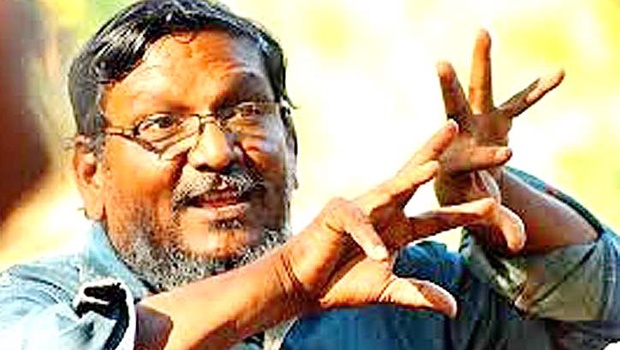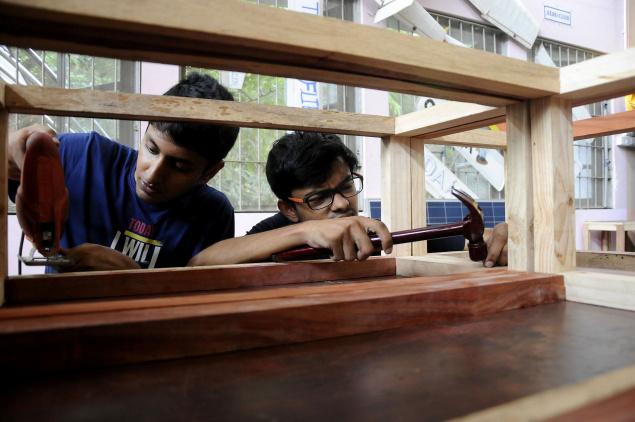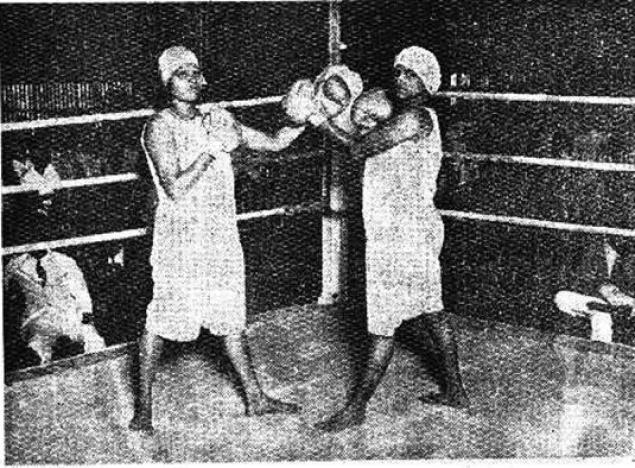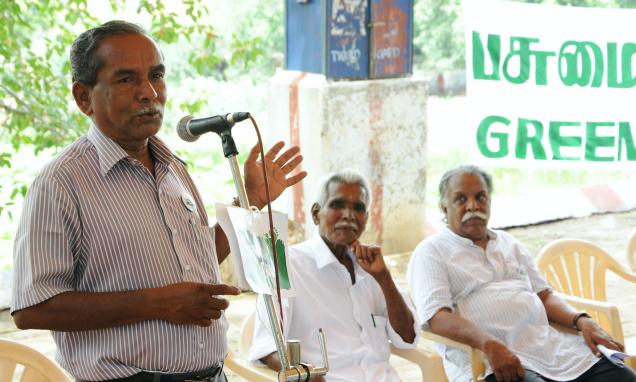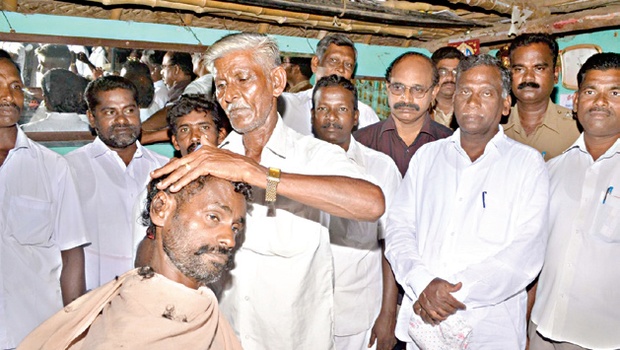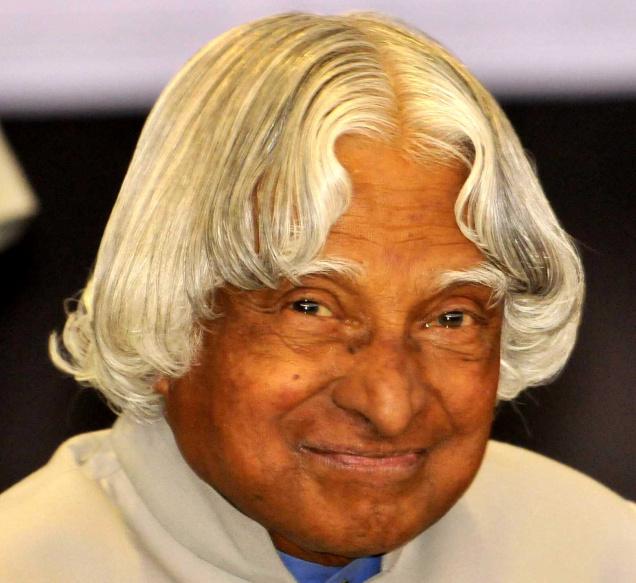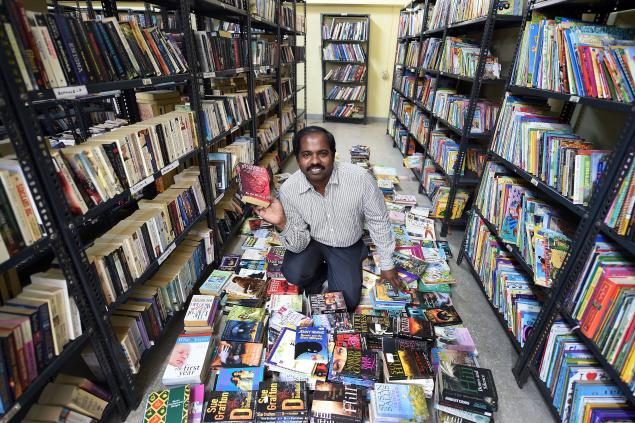
Brittle pages, long-forgotten titles, musty rooms covered from floor to ceiling with books from around the world. Retailers of second-hand books talk about their passion
In the presence of thousands of rare and second-hand books, stacked from floor to ceiling, in teetering piles and bursting cardboard boxes, there’s space enough for just one standing person, and one emotion: amazement. Amazement at that little, hard-bound Manual of Movement (War), 1933, which was once in the pocket of an army officer in the battlefields of the Second World War. Amazement at that 1905 souvenir album of the Prince and Princess of Wales with its hundred-year-old photograph of a firework display from the warships docked at Madras Harbour. Amazement that so much history and so many stories exist to be discovered in these ancient tomes. For collectors and sellers of second-hand books in Chennai, every day brings fresh journeys and new discoveries for this amazement.
For 40 years, S.A. Govindaraju has followed his “drunken obsession” for second-hand books, from paperwalla to paperwalla across the length and breadth of Chennai, looking for that discarded, unassuming book that could be his next treasure. At 78, age has dimmed his wanderings, but his network of over 60 hawkers brings to his doorstep, almost daily, their day’s acquisitions that they suspect may interest him. From the garage of his apartment in R.A. Puram, Govindaraju runs ‘Rare Books’, an enterprise that has turned his passion into a moderately commercial venture. He inherited his love for old books from his doctor father, began his own collection with the Penguin series (he still has the Number 01 book Ariel (1934) with him), and took to retailing second-hands in 1999 to fund the habit. “I keep in intimate touch with my books,” he says, “I need no computer, no online inventory, to keep track of all I have. Everything in the whole of this jungle is in my bald head!”
Hard times, a few years ago, lead Govindaraju to sell his entire collection of 12,000 books to a man just as obsessed, Winston A. Henry. Winston took to collecting second-hands 25 years ago from an interest in wildlife. His first piece was Wild Beasts of the World a 1909 book of gorgeous animal colour prints. While Govindaraju has since returned to collecting second-hands, Winston’s existing trove of 4,000 books was substantially enriched by Govindaraju’s, and he now runs ‘W & H Book Search’ in Anna Nagar, a venture that specialises in thematic collections of rare books. Old war books, non-fiction on Madras and maps are among his specialisations. From behind old cuckoo clocks, rotary dial telephones and stacks of vintage biscuit tins, he pulls out a bus map of Madras in 1952, replete even with a list of ‘Madras amusements’, of which 50,000 copies were printed for two annas each.
Into this territory of used second-hands, enters Ananth Lakshmanan of Berkshire books with his shipped containers of ‘fresh second-hand books’ from the U.K., which he sells for Rs. 200 per kilo from a basement in T. Nagar. Mountains of young adult fiction, children’s fiction, bestsellers, health and lifestyle books tightly populate this space and his warehouse of three lakh books in Ambattur. His merchandise is replenished every two weeks with fresh shipments from the vast stocks of unsold books of international publishers, old editions of bestsellers and leftovers from charity book auctions abroad. For school teachers, young parents and students, Berkshire has become a favourite haunt for works that are budget friendly and mostly in mint condition. “My clientele includes artists and art director who pore over the art print books and collectors of old encyclopedias and dictionaries, especially, old Readers’ Digest series.”
“I may have started by dealing in second-hand books, but today, it’s about almost anything on paper — from magazines to newspaper cuttings,” adds Govindaraju, who treasures his vast collection of vintage advertisements, posters and photographs of veteran film stars. His challenge today, though, is to restore and preserve the books he finds. Kilograms of books arrive at paperwallas, who customarily rip the covers off the books for efficient pulping. Nothing could be more tragic for Govindaraju, who then spends his time hand-binding back covers to pages bored through by bookworms and crumbling to powder in his palms.
The prices at which these second-hands are sold is largely determined by their conditions. Autographed copies, first editions and limited editions are certainly steeply priced, but as Winston puts it, “I may buy a book for Rs. 20 and sell it for several times more, but for me, it’s important that the buyer understands its value first.”
It is this sentiment too that Mary Alwar, wife of the ailing A.K. Alwar who ran his second-hand book store from the pavement at Luz Corner from 1952, echoes. The rains have destroyed huge chunks of his collection of fiction and non-fiction, business has fallen considerably in the last decade, but just as Mary narrates the times’ woes, a lady comes along, drops four boxes of fiction at the stall, and leaves without asking for a penny. “All we have are books,” says Mary, “and all we will have are books. It’s such people that love books that keep us going.”
source: http://www.thehindu.com / The Hindu / Home> Features> MetroPlus / by Esther Elias / October 12th, 2014
